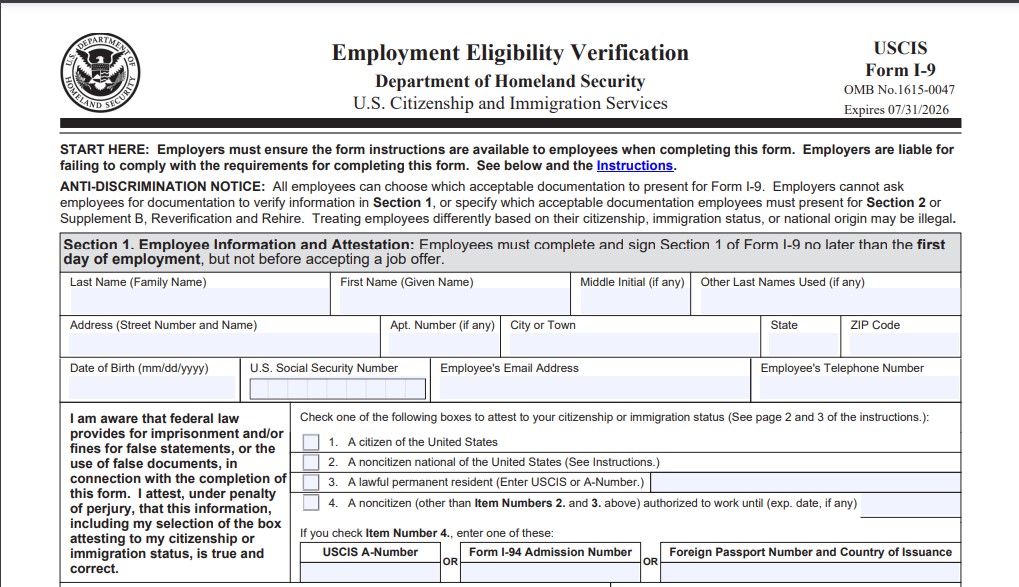Understanding tax forms can be a labyrinthine task, especially when it comes to deciphering the nuances between seemingly similar documents. Among these, IRS‘ tax-related Forms 211 and 3949-A stand out as sources of frequent confusion. In this blog, we aim to shed light on the purposes of these forms, explore into their specifics, and, most importantly, clarify the distinctions between them.



The Purpose Behind the Forms
Before we dive into the intricacies, let’s establish the groundwork for why these forms exist. Both Form 211 and Form 3949-A serve essential roles in the realm of tax reporting and compliance.
- Form 211: This form is specifically designed for whistleblowers who wish to report information related to tax fraud, resulting in a potential reward for the whistleblower.
- Form 3949-A: On the other hand, Form 3949-A is the document to use when reporting alleged tax violations but without the expectation of receiving a financial award.
Clearing the Confusion
Understanding when to use Form 211 and when Form 3949-A is appropriate can be perplexing for many. The distinction lies in the intention behind the report – whether the whistleblower is seeking a financial reward or not.
Difference Between Form 211 and Form 3949-A
| Form 211 Vs Form 3949-A |
| Aspect | Form 211 | 3949-A |
| Purpose | Reporting tax fraud with the expectation of a reward | Reporting tax violations without seeking a reward |
| Motivation | Financial compensation-driven | Altruistic; not motivated by financial gain |
| Potential Outcome | Whistleblowers may be eligible for a monetary reward | No financial compensation anticipated |
| Intent Behind Reporting | To expose tax fraud and potentially gain financially | To report tax violations for the sake of compliance |
Conclusion
In a realm where precision is paramount, understanding the distinctions between Form 211 and Form 3949-A is crucial. While both forms serve the noble purpose of upholding tax integrity, the key lies in discerning whether the motivation is financial or purely altruistic. By demystifying these forms, we empower individuals to navigate the tax reporting landscape with clarity and purpose. Whether blowing the whistle for reward or out of a sense of civic duty, the IRS provides avenues for both, ensuring the tax system’s robustness and fairness.



